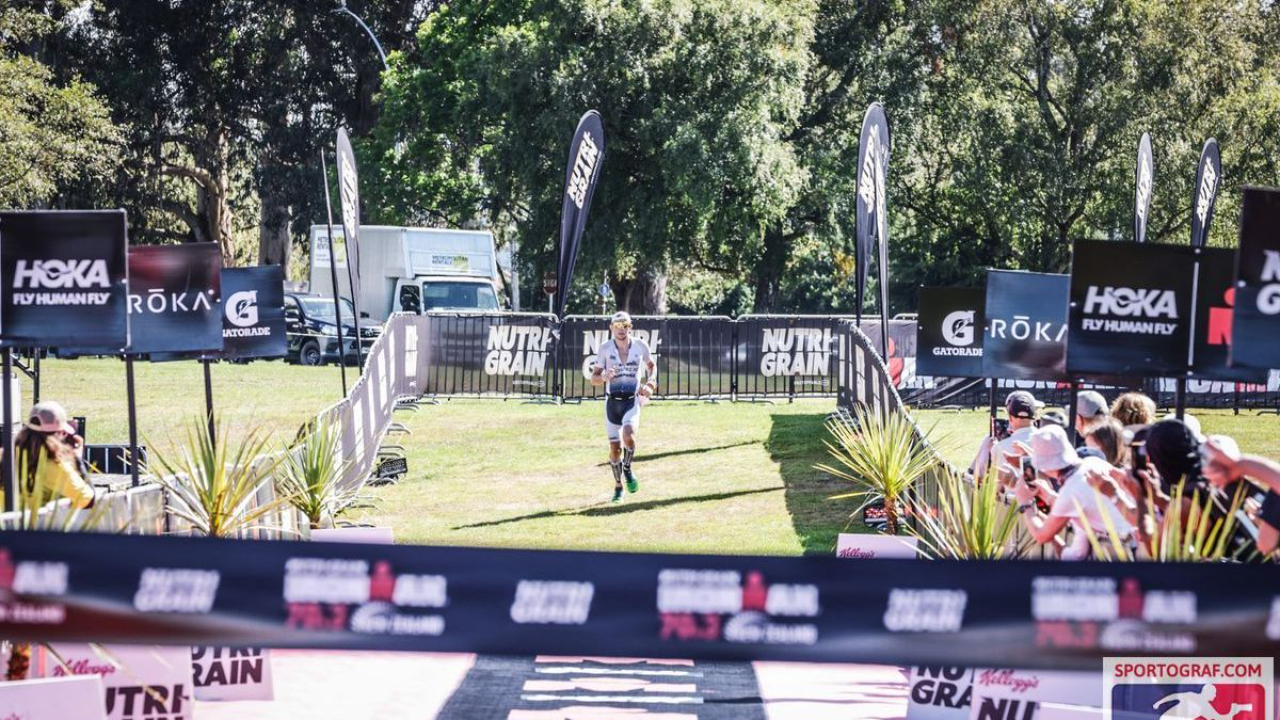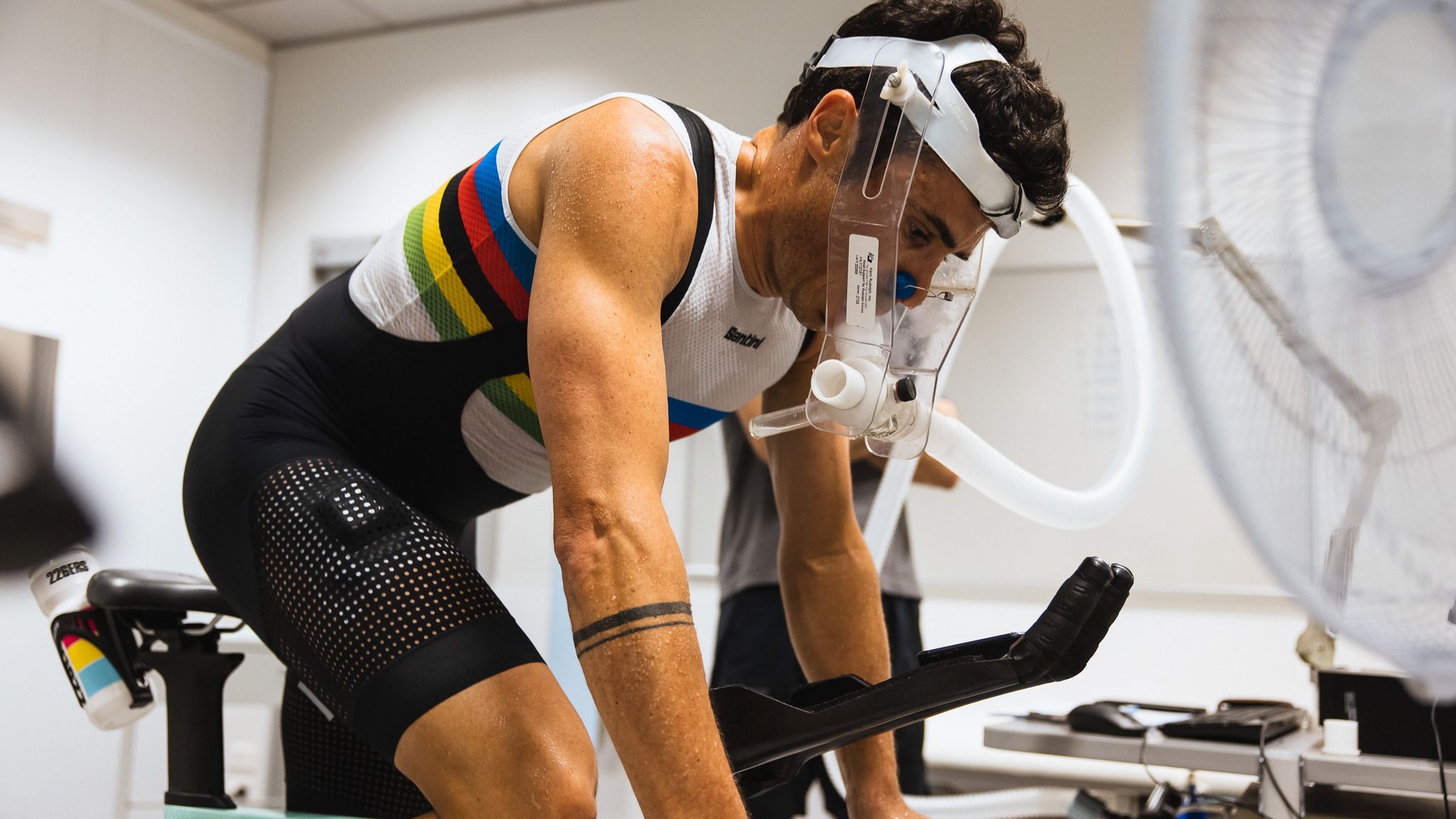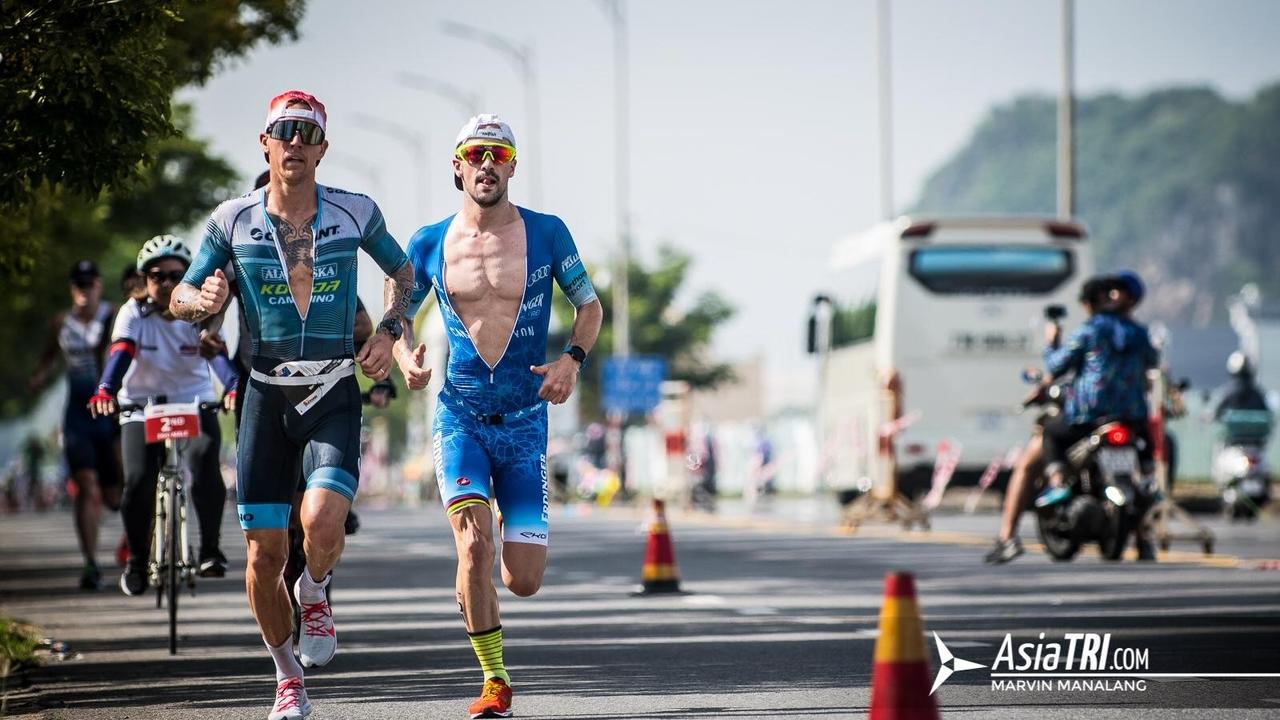120 Grams Per Hour: Deciphering the 'Carbolution' Craze - A Deep Dive into Physiology and Research


I wrote a blog about the recent research assessing the effects of ingesting carbohydrates at very high rates, >120 grams per hour, during endurance exercise (1, 2). My view of the literature, as discussed in the blog, is that there isn’t yet any compelling evidence that ingesting carbohydrates at these super high rates will improve long-distance triathlon performance, or that it’s worth the logistical hassle and risk of gastrointestinal upset. Indeed, there’s even some evidence that carbohydrate ingestion at rates above 90 grams per hour accelerates muscle glycogen depletion and impairs performance (3, 4).
In this blog, inspired by an engaging Twitter thread authored by Prof. Tim Noakes and Iñigo San Millán, I'll delve into the metabolic outcome of ingesting 120 grams of carbohydrates per hour. Through this exploration, I aim to reinforce the perspective that such elevated carbohydrate intake rates might not justify the risk for Ironman triathletes.
Peak ...
Maximal fat oxidation rates: What does it mean, what does it tell you?

We have discussed in detail that having a robust capacity to use our fat energy stores to support exercise is important for long-distance triathlons. That is because our stored fat is effectively unlimited in the context of exercise, even very long-duration exercise in very lean athletes. In contrast, our stored carbohydrate reserves are finite and will be depleted to very low concentrations after exercise of sufficient length and intensity. To put this in perspective, a lean, 70-kg triathlete with 10% body fat has at least enough energy in their 7 kg of stored fat to complete more than Ironman triathlons back-to-back (3). Of course, those are theoretical Ironmans; the point I am making here is that whilst depletion of stored carbohydrates can lead to the fatigue we recognise as ‘hitting the wall’, we don’t slow down in an Ironman because we run out of fat energy (4).
As an exercise physiologist working in applied practice, I regularly test the fat oxidation capacities of endurance at...
The 2022 World Ironman Triathlon Championship in St George Utah: What happens when racing at modest altitude?

In this blog, I am going to discuss a topic that has always been of interest to exercise physiologists and those involved in endurance sport: altitude. As I’m sure you are aware, altitude has the potential for profound effects on endurance sport performance. This is certainly an area of interest with the Ironman World Championships this year being held in Utah; with many of my professional and Endure IQ Training Squad athletes competing. Utah sits at a modest altitude of ~1000 m, but is this enough to have an effect on our performance? And is any specific preparation required?
I will do my best to break down the basics of altitude for you, although I should acknowledge that altitude is such a big topic within our field that I cannot possibly include everything in one blog, but let’s give it a go! :).
A physiological look at altitude
Okay, so first, why – physiologically speaking – is altitude so important? At sea level, the atmospheric pressure is ~760 mmHg. As altitude increases a...
What is your Maximal Fat Oxidation Rate?

Photo credit AsiaTri
By Ed Maunder and Dan Plews
Straight off the back of some great racing at this weekend's 70.3 Vietnam Asia-Pacific Champs, we thought it was high time for another blog post. Some epic racing from some of our athletes last week, and greatly deserved. Berks taking second to current back-to-back World Ironman Champ Patrick Lange, and Assad Attimimi and Merle Talviste taking age-group wins (& 2nd spots in the age-group overall).
In the previous two blogs we talked about our paper in Sports Medicine last year where we made estimates of fat and carbohydrate utilisation rates during Ironman Triathlon at different performance standards (8, 9, and 13-h finishing times). We also published the spreadsheet we used to do this online, where individual athletes and practitioners could plug in their own measured values from laboratory assessments to enable more precise estimates.
However, we understand that many individuals do not have access to the laboratory assessm...
